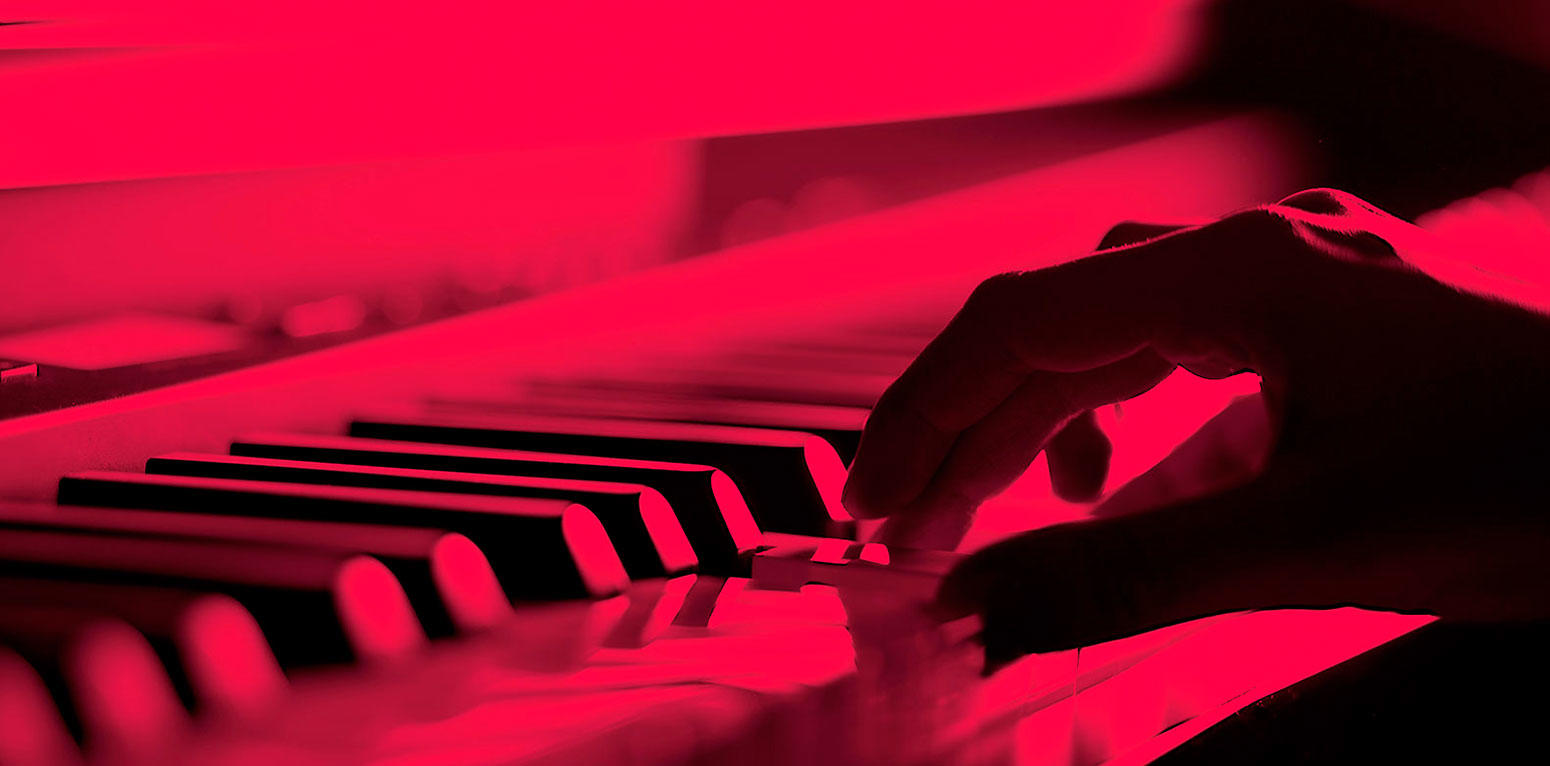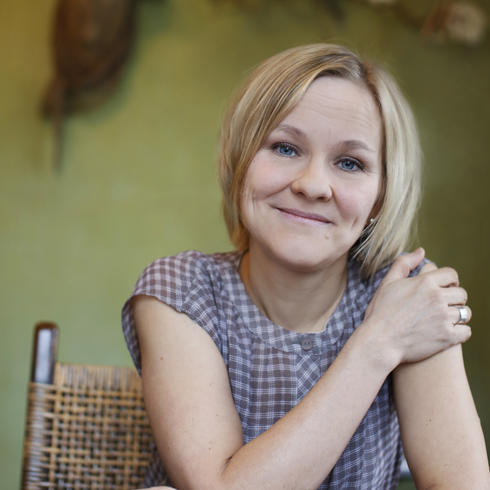
" Prosoidia "
For violin and orchestra
Publication : Fennica Gehrman
2024 SELECTION
- Nominated for : The Young Audience Prize 2025
- Nominated for : The Musical Composition Prize 2024
The word “prosody” refers to the musical properties of speech: rhythm, pitch, stress and pauses. So surely music is actually prosody, i.e. speech without the semantic dimension? This fascinating thought was the basic premise for my violin concerto. The title Prosoidia is the original Greek form of the word. The concerto was commissioned jointly by the BBC, the Lahti Symphony Orchestra and Norrlandsoperan. My warm thanks go to the soloist, Ilya Gringolts, for his collaboration over both the commission and the moulding of the solo part.
I began drafting my concerto in spring 2022, shortly after Russia launched its brutal assault on neighbouring Ukraine. The war made – and still makes – me feel very sad, helpless and frustrated. As the motto for my concerto I chose a pacifist line penned by the Russian Marina Tsvetayeva. As the First World War raged in 1915, she wrote:
No need for people anywhere on earth to struggle.
Look — it is evening, look, it is nearly night:
What have you to say, O poet, general, lover?
The first movement of the concerto, О чем — поэты, любовники, полководцы? (So what have you to say, O poet, general, lover?) features linguistic performance instructions inspired by prosody, such as parlando (like speaking) and sussurrando (like whispering). The second movement, Word Stress, alludes both to Finnish and to a language, Hungarian, that is a hobby of mine; in both, the stress is always on the first syllable of a word. This movement also affords a glimpse of a folk song arrangement I made, and through it my relationship to the violin, which I briefly studied as a youngster, and specifically in Hungary.
In reflecting on prosody, I was also reminded of a scene from the film Viskningar och rop (Cries & Whispers) directed by Ingmar Bergman. Two sisters begin to speak to each other again after many years’ silence, and the moment is full of charge and consolation. Bergman fades the speech until it is no longer audible and replaces it with the Sarabande movement from Bach’s fifth solo cello suite. The emotional, melancholy third movement of my concerto is in fact called Prosody (BWV 1011 & Bergman), and the listener may well detect echoes of material from Bach’s Sarabande. I have dedicated the movement to the memory of my former teacher Kaija Saariaho, who died in June 2023.
Lotta Wennäkoski

